- AGC Biologics has partnered with Pandorum Technologies to produce Kuragenx, a First-in-Class biologic addressing neurotrophic keratitis (NK).
- The Milan-based AGC Biologics facility will provide expertise in exosome production to meet regulatory requirements.

AGC Biologics, a global biopharmaceutical Contract Development and Manufacturing Organization (CDMO), has announced a collaboration with Pandorum Technologies to manufacture Kuragenx. Kuragenx, also known as the “liquid cornea,” is a combination biologic designed to treat advanced neurotrophic keratitis (NK), a severe ulcerative form of corneal blindness. The therapy, which has shown promise in preclinical studies, holds Orphan Drug Designation from the U.S. Food and Drug Administration (FDA).
Under the agreement, AGC Biologics will scale up Pandorum’s proprietary modular bioprocess, manufacturing pharmaceutical-grade exosomes derived from clinical-grade mesenchymal stem cells. These processes will adhere to stringent batch release criteria to meet regulatory standards. Kuragenx is on track for an Investigational New Drug (IND) application submission in 2025, following a successful Pre-IND meeting with the FDA’s Office of Therapeutic Products.
“Developing a First-in-Class biologic is a daunting task,” said Tuhin Bhowmick, co-founder and CEO of Pandorum Technologies. “What made us entrust AGC Biologics as our preferred partner is the human factor—their dedication, expertise, and willingness to address our needs.”
The partnership highlights AGC Biologics’ leadership in exosome production, an area where the company has made significant investments. Giuliana Vallanti, Head of Development and Global Head of C> R&D at AGC Biologics, noted, “This partnership reinforces our leadership position in developing and manufacturing exosomes, a technology where AGC Biologics was a pioneer.”
The company’s Milan facility plays a pivotal role in the collaboration. With over 30 years of experience in cell and gene therapy, the site has guided several advanced therapies from development to commercialization. It is also one of the few global facilities with FDA and EMA manufacturing authorizations for viral vectors and cell therapies.


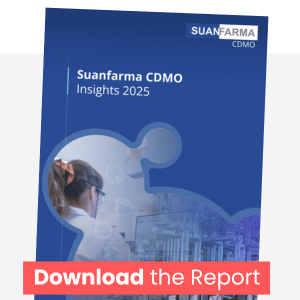
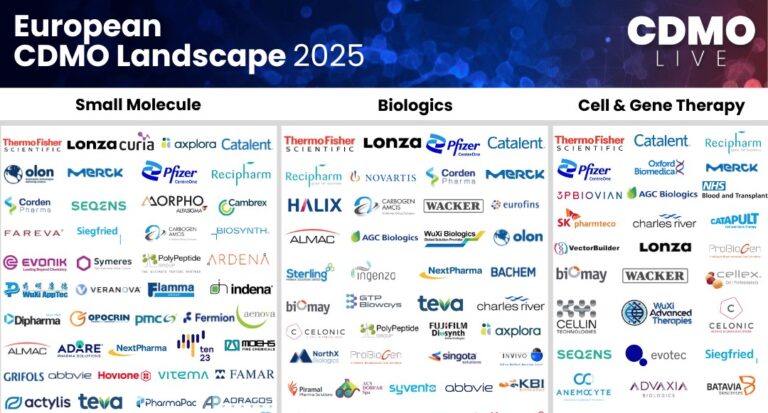


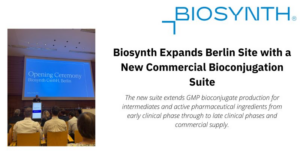

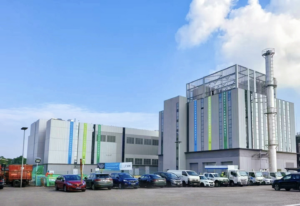

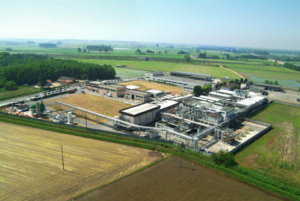

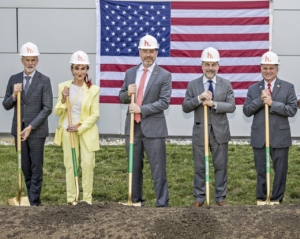

 Stay ahead of trends and best practices
Stay ahead of trends and best practices
